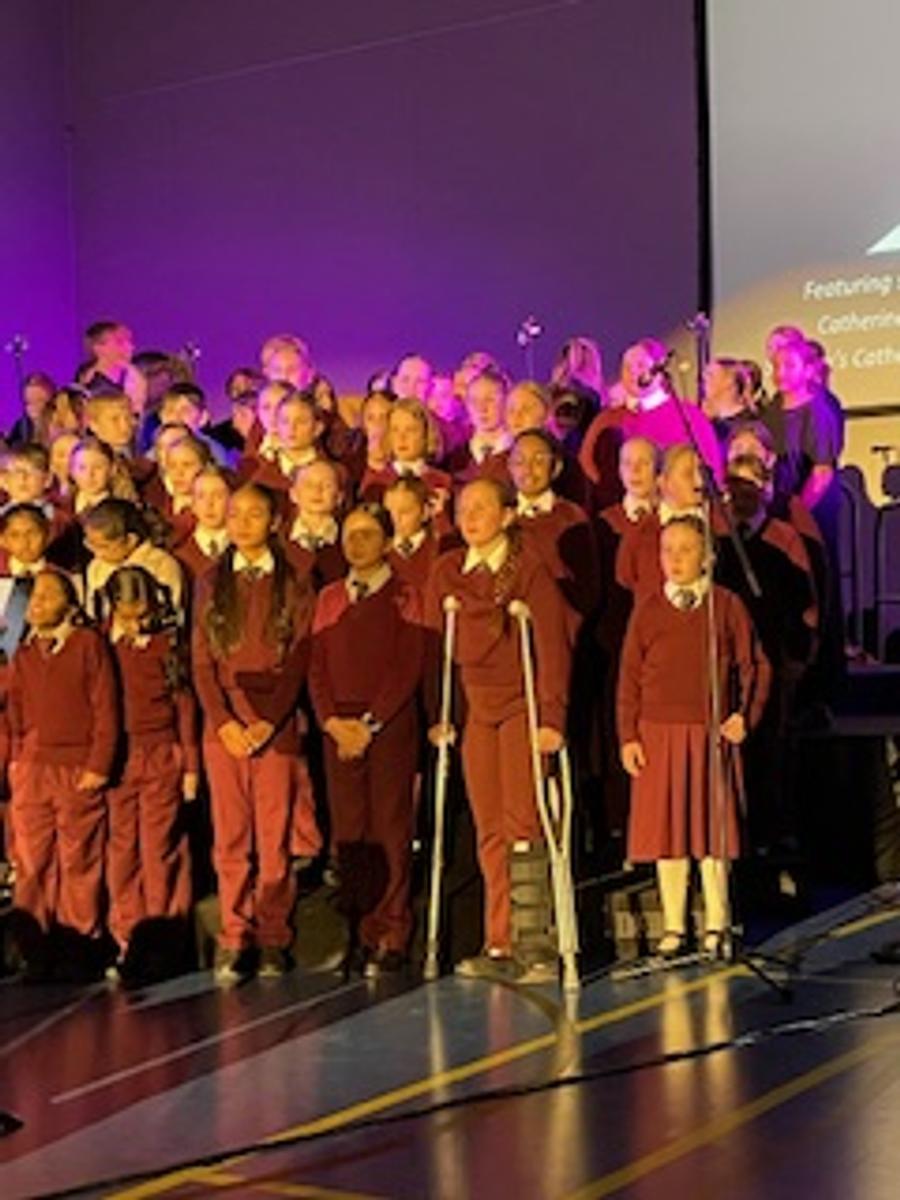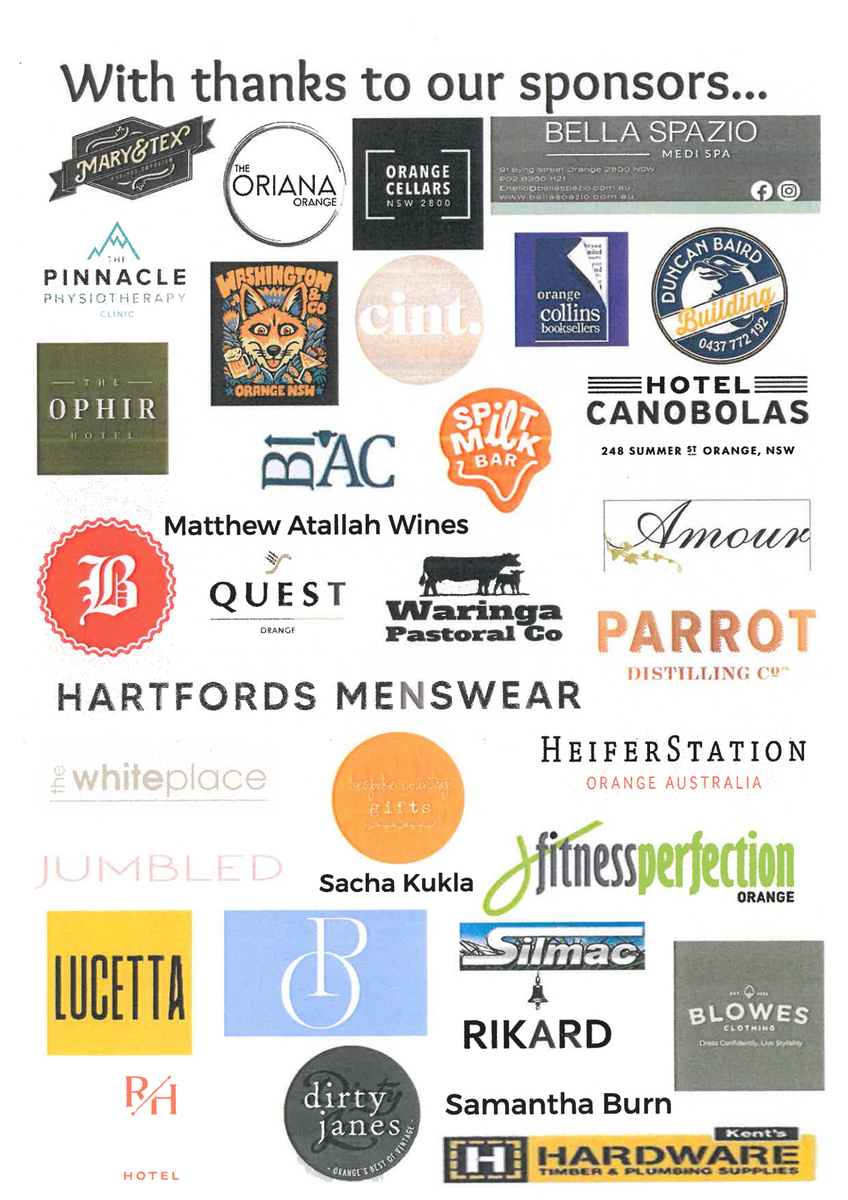Principal's Page
Jo Flynn

Principal's Page
Jo Flynn


Dear Parents and Carers,
The end of Term 2 is here already. This year is absolutely flying by. I would like to take this opportunity to wish you all a happy and safe holiday period and to thank you for your support this term. I look forward to seeing you and the students on their return to school in Term 3, refreshed and ready for their educational adventure to continue.
Interschool Chess Competition
I wanted to compliment you and your A team for the way you and they handled the significant moments during and after the last round. It cannot have been easy, for teacher or students. The way the players were magnanimous in defeat, offering their sincere congratulations to the winning team and showing a great deal of perspective about the importance of the result relative to other things in life is a credit to you, them and to your school. I wanted to tell you that CMCPS's time will, I believe, come. These things don't always happen when we hope or expect them to. But I believe it will come.


Catherine McAuley at Sheahan Showcase
Catherine McAuley Choir joined the massed choir to participate in the Sheahan Showcase. They sang beautifully, wore their uniform proudly and added significantly to this wonderful musical experience. Mrs Allan accompanied the students to this event and trained the choir to participate so well. Thank you Mrs Allan.


Trivia Night
What a wonderful community event on Friday, 20th June. All the attendees had a fun night. As with any event, it cannot happen without a hardworking group of volunteers to organise all the myriad of details that such an event entails. Special thanks to Jane Dellow and Kristy Portass for all their work in making this event the success it was. thank you also to the team that assisted Jane and Kristy, Megan Fox, Belinda Bailey, Courtney Baird, Sarah Powell and Sophie Watson. Thank you also to all the local businesses who sponsored this event with donations of prizes. Please see the list below.


QUALTRICS responses
Thank you again to all the parents who took the time to respond to the survey that sought your opinion on the areas of Faith, Learning and Stewardship at Catherine McAuley. As I indicated in the last newsletter, we really appreciate the feedback and would like to address some of the issues you raised. Last newsletter I responded to the issues of Parent/Student/Teacher interviews and Communication. This week I would like to address the issue of homework and academics.
The school homework policy is based on the New South Wales Education Standards Authority's (NESA) recommendation about homework. NESA bases their recommendation on research that has been conducted, analysed and reported. This research has found that the effect size that homework has on student achievement and academic growth is negligible. More effective is regular, sustained reading (age appropriate), revision of what has been taught, and individual research on areas of interest. This is where the partnership between school and parents, the first educators of their children, is so important. Readers and a wide variety of books are readily available to students, for them to take home to practise reading. Students may also receive spelling or phonics work to revise at home. The mathematics that has been introduced in the classroom may need to be revised or some mathematical skills, such as number facts, practised further and can be sent home as mathematics tasks. Parents receive a termly overview at the beginning of each term so that they are aware of what teaching is being delivered. It would be a good idea to keep this information available for reference.
The student population at Catherine McAuley is diverse, with a number of students requiring support in their learning. There are a number of intervention programs offered for small group intervention. Learning support officers work in the classrooms to support individual students with their learning. We are seeking ways to extend our more capable students through ongoing teacher professional learning in programming and differentiation. A variety of special interest clubs are offered at recess and lunchtime. There is a wellbeing space for students who prefer to spend recess or lunchtime in a quiet, passive area.
Communicating Successfully with Neurodiverse Kids: A Practical Guide.
Michael Grosse
Communicating with kids is a massive challenge, a constant dance of decoding and responding.
The challenge is amplified tenfold when a child’s brain operates on a different frequency.
I’m talking about neurodiversity, that spectrum of brains that includes autism, ADHD, dyslexia, and more.
With an estimated 15%-20% of children in Australian schools* (and similar numbers in other developed countries) classified as neurodivergent, we’d all better learn to communicate effectively with them.
Navigating communication with these kids can feel like trying to solve a Rubik's Cube blindfolded.
But it's absolutely possible, and the rewards are enormous.
Understanding the Wiring
First, ditch the idea of a one-size-fits-all communication approach.
I know, I know.
You’ve probably just worked out the communication formula, only to find it doesn’t always work.
Neurodiverse children process information differently.
They usually:
Take things literally: Sarcasm, metaphors, and abstract concepts fly right over their heads. (This is the hard one for me, as I so often use metaphors.)
Struggle with social cues: Facial expressions, body language, and implied meanings might be missed entirely. (I need to make sure I always make eye contact.)
Have sensory sensitivities: Noisy environments, bright lights, or even certain textures can overwhelm them, hindering their ability to communicate effectively. (My best work with neurodivergent kids is always done in quiet spaces.)
Experience processing delays: It might take them longer to understand and respond to what you're saying. (Patience, repetition and just-in-time instructions are my main modus operandi)
Recognising these differences is the first step towards building a communication bridge.
Have a great fortnight!


Jo Flynn